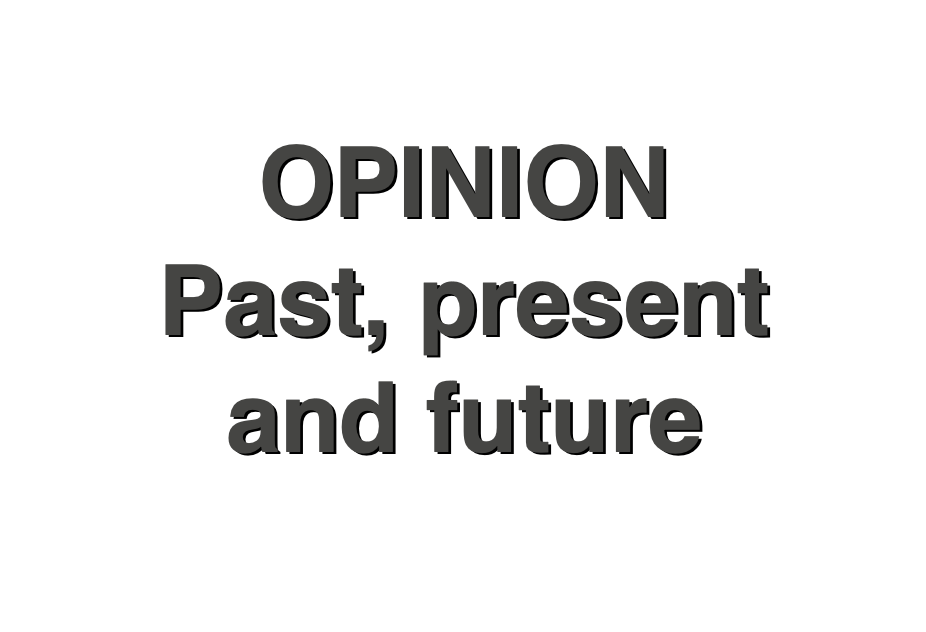Having the benefit of astute, politically involved friends in Estonia I often receive very interesting reading. One such was sent to a very long list, the names that I recognize are people with both their hearts and brains in the right place. On January 2nd Ilvi Jõe-Cannon, (a “Mulk”, meaning from Viljandimaa and U.S. educated political scientist) sent that list a longer comment concerning that latter anniversary. Specifically today’s Russia and how significant issues regarding both the onset of WW II and its end are being addressed. With future implications. Following is a summary of her salient points.
At the tail end of December Vladimir Putin met with Russia’s military leadership. According to multiple sources Putin addressed the recent European Parliament resolution that said the Molotov-Ribbentrop Pact was the reason for the outbreak of war. He called it totally senseless. (Thus continuing Russia’s denials for their role.). Putin justified the MRP signing by claiming that it was necessary to offset the collaboration of the West with Hitler. (A true mind-boggling claim. Appeasement does not equal collaboration). The Russian president also referenced a purported Polish-German deal, rubbing salt into the situation by calling the pre-war Polish ambassador to Berlin a bastard. By doing so maintaining present-day negative propaganda emanating from Moscow regarding Poland. Jõe-Cannon notes that other countries between Western Europe and Russia are subject to the same intense propaganda.
In some sense history supports Putin, for the West was unable to halt Hitler’s aggression. The 1938 Munich agreement is the best example of appeasement. The fact is though that just over a week after the signing of the MRP Hitler attacked Poland; two weeks later the Red Army moved in from the East. And on June 22nd 1941 Hitler, emboldened by occupying most of Western Europe attacked the Soviet Union.
Jõe-Cannon reminds readers that Franklin Delano Roosevelt had promised the U.S. that American men would not be sent to battle in Europe. Financially the first lend-lease project was intended to assist Great Britain. After Hitler set his sights on the Soviet Union it became obvious that the Soviets also needed such support. (Here the numbers become unbelievable). The USA promised through lend-lease to supply the Soviet Union with tanks, planes and other materiel. The deal also saw an interest free loan of $1 billion (!) repayment was not to begin until five years after the end of hostilities. Applying the 3.72% yearly inflation rate since then that one billion is worth in today’s money $17.95 billion. (The Soviet Union, which ended up receiving a total of $11 billion, did not settle its account until 1990, in the glow of glasnost and the end of the Cold War, eager to qualify for U.S. credits.)
The lend-lease was key to the Soviet Union’s ability to resist the invasion of the Nazis and to drive them back to Germany. Stalin admitted after the war that without the Allies they would never have “won the war”.
According to GlobalSecurity.org the Soviets received during the course of WW II more than 14,000 airplanes 375,883 trucks, 8,071 tractors, 12,700 tanks, 541 590 blankets, 331,066 liters of alcohol, 15,417,000 pairs of military boots, 106, 893 tons of fruit, 2,670,000 tons of petroleum products and 4,478,000 tons of foodstuffs.
Soviet General Georgy Žukov has said that the Soviet Union had no explosives or ammunition. That was also supplied by the Americans as well as steel for building their own tanks. Without American vehicles the Red Army would not have been able to move its artillery.
The end of WW II in Europe has been marked in Moscow for years with pomp and circumstance with the claim that it was the Red Army that liberated Europe, saved the continent from fascism. Without mentioning the enormous contribution made by the USA. As Putin also ignored the fact during his December meeting with Russia’s top military brass.
Honesty demands acknowledging the impact of the lend-lease as well as the decision of Congress on December 11th 1941, declaring war on Germany. That was the difference between the Soviet Union losing or contributing to winning the war in Europe.
Putin has invited president Donald Trump to attend the Victory Day 75th anniversary parade in May. In November Trump said that he definitely will consider accepting the invitation. Why?
(Comments in brackets by TN)
Summarized, translated, title and intro by
Tõnu Naelapea, Toronto




